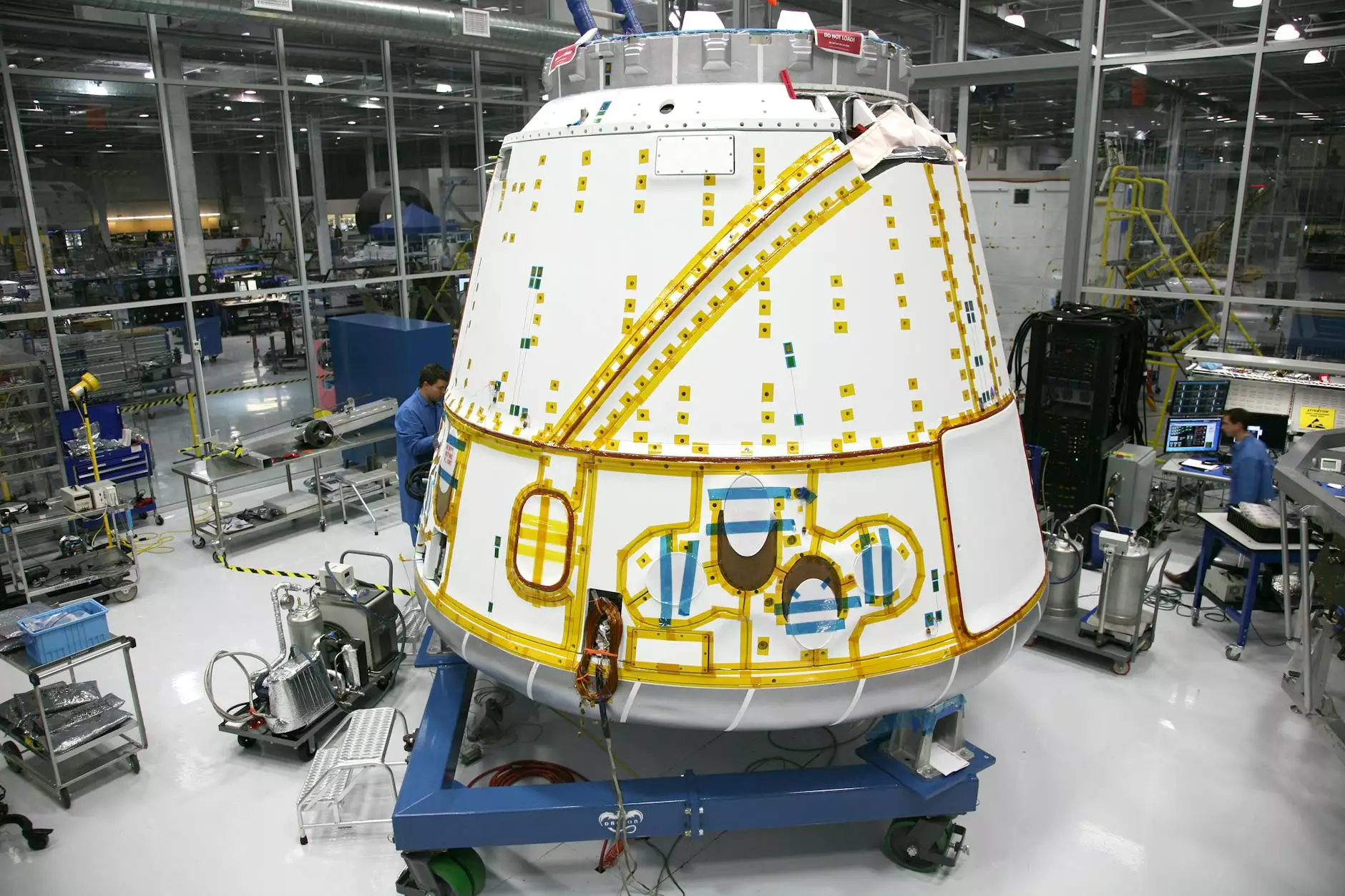Transportation Management System Development: The Future of Business

In today's fast-paced business world, staying ahead of the competition is crucial. Among several vital aspects of running a successful business, effective transportation management plays a significant role. As technology continues to advance, so does the need for businesses to adopt innovative solutions to streamline their transportation processes. One such solution gaining immense popularity is Transportation Management System (TMS) development.
The Importance of Transportation Management
Transportation management plays a critical role in the overall success of businesses, especially those involved in supply chain operations or providing logistical services. Efficient transportation ensures timely deliveries, reduced costs, improved customer experience, and enhanced operational efficiency.
Previously, businesses relied on manual processes and outdated systems to manage their transportation needs. However, with the rapid advancements in technology, TMS development has emerged as a game-changer for businesses worldwide, revolutionizing the way they operate and stay competitive.
What is a Transportation Management System?
A Transportation Management System (TMS) is a comprehensive software solution designed to streamline and optimize transportation processes within a business. It encompasses a range of functionalities, including route planning, freight consolidation, carrier selection, load optimization, shipment tracking, and more.
By leveraging a TMS, businesses can effectively manage their transportation operations, gain real-time visibility into their supply chain, optimize route planning, reduce transportation costs, and enhance customer satisfaction through accurate delivery tracking.
Benefits of Transportation Management System Development
Implementing a transportation management system brings numerous advantages to businesses of all sizes and industries. Let's explore some of the key benefits:
1. Improved Efficiency and Cost Savings
A well-implemented TMS helps businesses optimize their transportation operations, resulting in reduced costs and increased efficiency. By utilizing advanced algorithms, the system can identify the most efficient routes, appropriate carriers, and suitable modes of transportation, leading to significant savings in fuel costs, labor expenses, and overall transportation spend.
Moreover, automation capabilities within a TMS eliminate the reliance on manual processes, reducing human errors and freeing up valuable resources to focus on more critical tasks within the business.
2. Enhanced Visibility and Real-Time Tracking
Visibility into the supply chain is crucial for businesses to make informed decisions and ensure timely deliveries. A TMS empowers businesses with real-time tracking and monitoring capabilities, enabling them to track shipments, anticipate potential delays, and proactively resolve any unexpected issues.
By providing end-to-end visibility, businesses can proactively communicate delivery updates to their customers, enhancing customer satisfaction and building a reputation for reliable service.
3. Streamlined Order Fulfillment
TMS development allows businesses to optimize their order fulfillment processes, right from order placement to final delivery. With automated order management, businesses can efficiently plan and schedule shipments, allocate appropriate carriers, and ensure accurate and on-time deliveries.
4. Scalability and Flexibility
A robust TMS offers scalability and flexibility to adapt to changing business needs and growing transportation requirements. As your business expands or diversifies, the TMS can accommodate new carriers, warehouse locations, and transportation modes seamlessly.
Additionally, TMS development provides businesses with the ability to integrate with other software systems, such as Enterprise Resource Planning (ERP) or Warehouse Management Systems (WMS), creating a holistic and interconnected ecosystem.
Conclusion
Transportation management system development has become an indispensable tool for businesses aiming to optimize their transportation processes, streamline operations, and stay competitive in the market. By leveraging advanced technology, such as TMS, businesses can enhance efficiency, reduce costs, improve customer satisfaction, and ensure smooth order fulfillment.
Embracing transportation management system development is a step towards the future of business, where manual processes are replaced by intelligent automation, and real-time visibility drives decision-making. Stay ahead of the curve and take advantage of the benefits offered by TMS to propel your business towards success.









